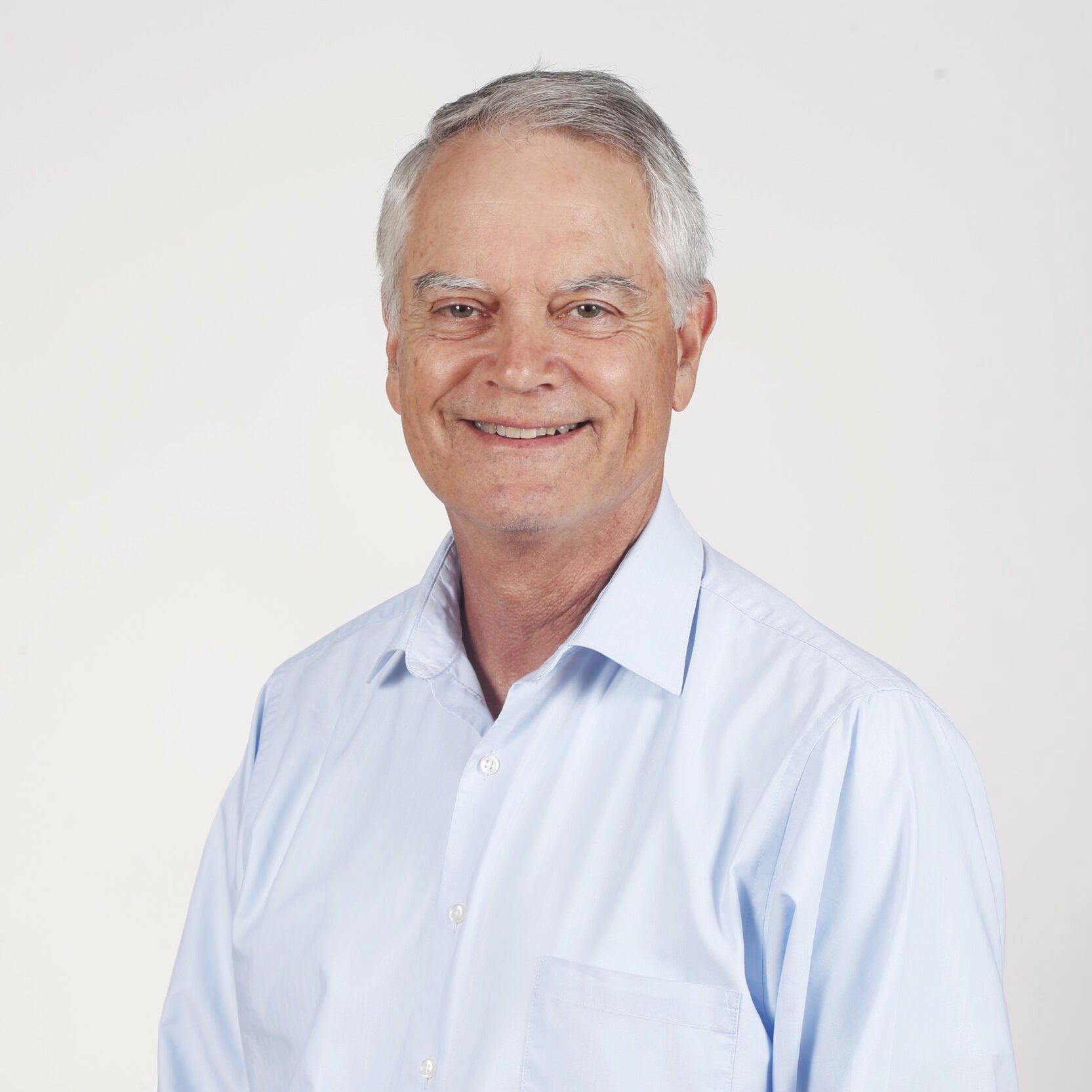A conversation with Bill Loveless ’73 and Juliana Lepore ’24, communication studies and journalism.
Bill Loveless ’73, journalism, has been a reporter and correspondent for more than 40 years. During his time at URI, Loveless was one of the founding members and the third editor of the Good Five Cent Cigar. Using his experience from the Cigar and journalism classes, Loveless began a career in local journalism at the Pawtucket Times. Since then, his career has taken him to national outlets, such as McGraw Hill, Platts, USA Today and Platts Energy Week. He is also a co-host of the Columbia Energy Exchange podcast and the Director of the Energy Journalism Fellows Program at Columbia University’s Center on Global Energy Policy.
Why did you choose to study at URI?
I went to LaSalle Academy and knew I wanted to go into journalism. So the question was, where are there journalism programs? Conveniently, the University of Rhode Island had a journalism department, so it was home, but it was also a little bit away from home. I compared it with other options, but you know, in the end, from what I learned of the program at the time, it seemed like it would be a good one. The school seemed like one where I could fit in.
What made you choose to study your major?
I was inspired by an English teacher at LaSalle who told me that I wrote well. [When I was looking at colleges] I was trying to decide what I was going to do with my life. I knew I liked to write, and perhaps I had dreams of being a novelist or whatever. I learned what journalism is, and it seemed appealing. It seemed like this was one way that I could tell stories. Journalism seemed like a very practical way to go out in the world. My father, Neil, was also a great reader of newspapers. He wasn’t a journalist, but he read the papers a lot. He began every day by going to a local drugstore and getting the Boston Record American, and at night, he would read the Evening Bulletin. He often took home newspapers that he picked up off the street. Now that I’m older, I think back on that, and I think, yeah, newspapers were always around, which definitely helped me on my way to my journey.
How do you use the skills you learned while at URI today?
The fundamentals that I learned about how to practice journalism at the University of Rhode Island from the Journalism Department have been essential to me throughout my career. The standards, rules, principles, and morals that they pounded into us have stuck with me now, as they did in my initial jobs. Even now, I don’t necessarily practice as a journalist, but I still use the things I learned in school, like [how to prepare] for an interview, for my podcast. They’re still ingrained in me; they’re live nerves in my body.
What is your favorite memory from URI?
Without a doubt, it was my work on the Good Five Cent Cigar. Some of us still stay in touch. We had a ball, and we worked hard. In many ways, my work on the Cigar was really a laboratory for learning journalism. When I was in school, during the 70s, it was a period of great turmoil on college campuses with the Vietnam War movement. It seems as though there were constant protests or activities going on related to the war, and we covered all of that. We spent many long hours in the Cigar offices. I was the third editor of the Cigar. We were a family, and we had a good time, but we did good work covering the essential issues of the day.
What one piece of advice would you give students who are preparing to enter the workforce?
I would say to learn as much as you can. I think a lot of people like myself look back and think, gosh, it was an opportunity to learn about so many things in the world at the time. Did I take advantage of it? Once you work, of course, you will be able to continue to learn, but it’s not as easy as when you were a college student and that was your primary occupation. It sets the tone for your career.

